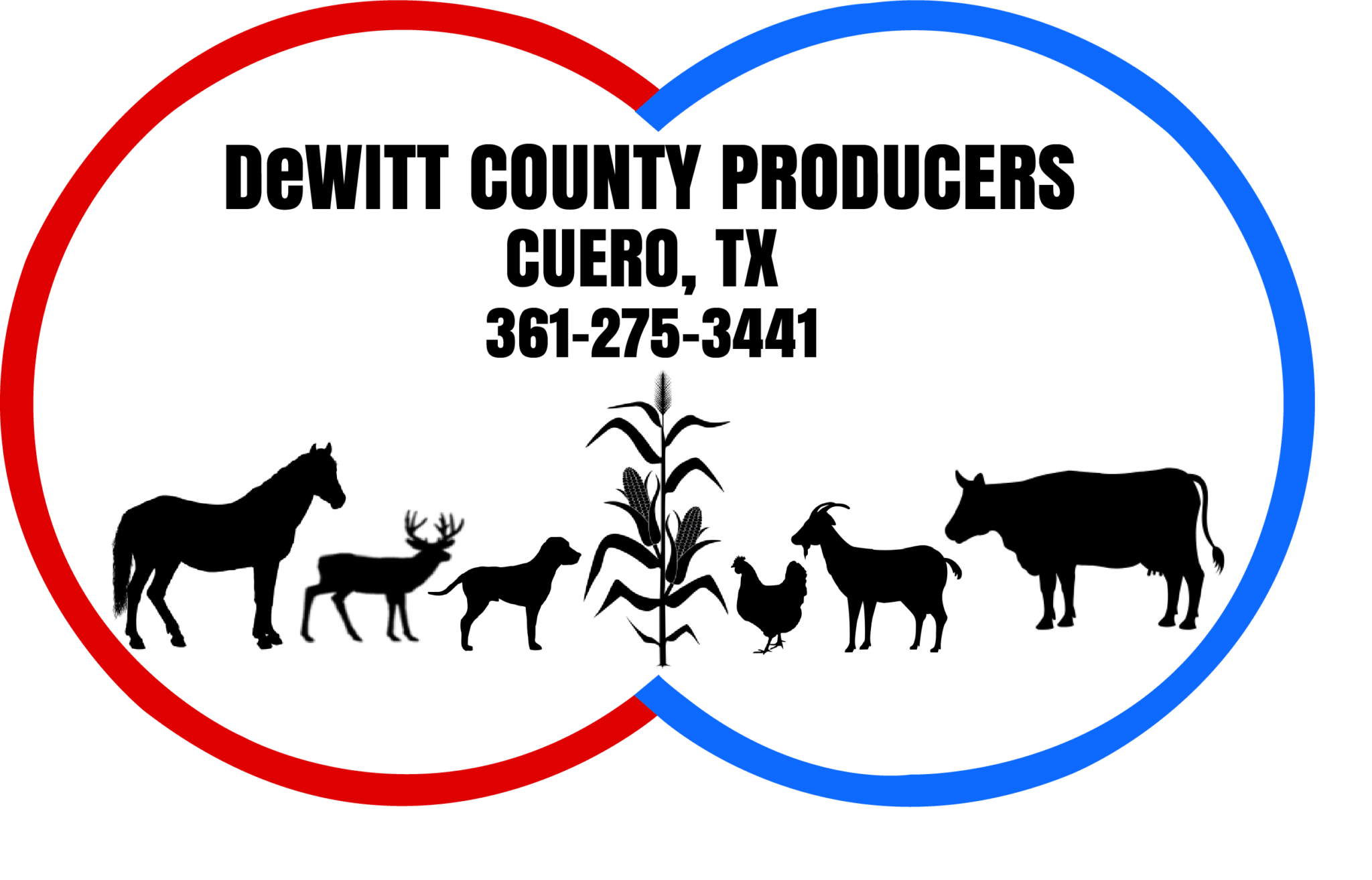Sustainable farming is changing the way we grow food.It helps the Earth now and in the future. Farming is not just about growing food. It is also about keeping the soil and water safe. Farmers work with nature. They care for the soil, use water well, fight bugs in safe ways, and use clean energy. These things help the earth stay healthy and help crops grow.
Top Sustainable Farming Practices (The TL;DR)
Before changing your approach, here are the main practices and their impact:- No-till farming and cover cropping help conserve soil and improve water retention. They can also cut fuel costs by up to 80%. Plus, these methods cut down on erosion by more than 80%.
- Crop rotation and planting different kinds of crops can help the soil stay healthy, increase yields, and cut down on the need for chemical fertilizers and pest control.
- Compared to other methods, drip irrigation and rainwater harvesting can save up to 50% more water. They also help keep water from running off and lower water bills.
- Integrated pest management uses biological control, pheromone traps, and crop diversity. This approach cuts down on pests while causing less harm to the environment.
- Renewable energy sources, such as solar, wind, and biogas, help reduce farm energy costs. They also decrease pollution from fossil fuels.
Ways to Protect the Soil
No-till farming, cover cropping, and crop rotation are all ways to protect the soil and make it healthier.
Farming without tilling
Planting crops without disturbing the soil is what no-till farming does. It cuts down on the use of fossil fuels and keeps carbon in the ground. The USDA says that no-till farming saves 588 million gallons of diesel fuel every year.
Cover Cropping
Cover crops, which are grown between the main crop seasons, are important for keeping soil healthy. They stop soil from eroding and add organic matter to make the soil more fertile. Legume cover crops change nitrogen in the air into nitrogen in the soil, which means you don’t need as much nitrogen fertilizer. They also keep weeds from growing and protect plants from diseases, bugs, and nematodes. Cover crops improve the soil by letting water in faster and making it less hard.

Switching Crops
Crop rotation is the practice of planting different crops every season. This keeps bugs and weeds away and keeps the soil healthy. Plants use soil in different ways, which helps them stay strong and get nutrients. Farmers can boost food production and profits. Planting wheat after peas or chickpeas helps achieve this.
Using Water Wisely
In farming, water use is crucial. Smart irrigation helps farmers save water, care for the land, and grow healthy crops. This is good for both the farm and the world.
Watering with Drip
Drip watering gives the roots small amounts of water and nutrients. This method helps crops grow bigger with less waste. It can save almost half the water, cut costs, and stop soil erosion. It also keeps fertilizers and sprays from washing away and helps keep weeds in check.
Hydroponic lettuce growing in rows.

Rainwater Harvesting
Rainwater harvesting collects and stores runoff and stormwater for future use. This method cuts down on runoff, protects water quality, and promotes water conservation. A simple system can help with irrigation for lawns and gardens, ranging from a single 55-gallon drum to a more complex household setup. Gutters and screens keep debris out of storage barrels.
Precision Agriculture
Precision agriculture uses AI and data-driven technologies to optimize farming and water use. Smart irrigation systems with sensors track crop water needs and give real-time advice. AI-driven analytics help farmers plan irrigation better. Satellites and drones are examples of technologies that keep an eye on soil moisture and crop health.

Integrated Pest Management
Integrated Pest Management (IPM) is a way to control pests that uses a variety of methods to keep pest populations under control while doing the least amount of harm to the environment. monitoring, identification, and action thresholds to determine when pest control is necessary.
Control by living things
Biological control is an important part of IPM that uses living things to get rid of pests. It goes after weeds, plant diseases, and bugs. Predators, parasitoids, and pathogens are all Natural enemies that help keep pest numbers low. Predators eat pests, parasitoids grow on or in a host and kill it, and pathogens make pests sick.
Crop Diversity
Crop diversity is important for IPM and helps maintain a balanced ecosystem. Intercropping and cover cropping attract and keep beneficial insects, reduce the need for weed control, improve soil health, and prevent soil erosion. Vegetation and mulch provide shelter for these helpful insects, creating a more stable environment for crops.
Pheromone Traps
Pheromone traps are an eco-friendly alternative to insecticides. They use synthetic pheromones to confuse male moths, making it hard for them to find mates and reducing pest numbers. This method works well in high-value crops like fruits, vegetables, and nuts but is less common in lower-value crops like soybeans, maize, and cotton because of high costs.

Renewable Energy in Agriculture
Renewable energy sources like solar power, wind energy, and biogas production are transforming agriculture by offering cheap and environmentally friendly alternatives to traditional energy methods.
Solar Power
Solar energy is valuable for farmers, offering many benefits over traditional methods. It can heat water, buildings, and barns, and power equipment without needing fuel. Solar-powered pumps for irrigation reduce costs. Photovoltaic (PV) systems convert sunlight into electricity, lowering electricity bills over time and extending growing seasons for crops like greens and tropical fruits during winter.

Energy from the wind
Wind energy is the technology that is growing the fastest. Farmers can put up wind turbines to turn wind into electricity that can be used for many things, like pumping water. Wind turbines also help crops by changing the way air moves, slowing down the formation of dew, stopping fungi from growing, and adding carbon dioxide to the air for photosynthesis.
Wind turbines in a green field.

Making Biogas
Another option for farmers who want to use renewable energy is to make biogas. It uses anaerobic digestion to break down organic matter, like animal waste, into biogas and digestate, which is a useful soil amendment. The U.S. has Biogas production gives farmers a way to get energy that won’t run out. It makes biogas and digestate by breaking down organic materials, such as livestock manure, without oxygen. This adds nutrients to the soil. There are 2,200 biogas systems in the U.S., and there is room for more. Biogas cuts down on the use of chemical fertilizers and lowers the cost of running a business. Fair Oaks Dairy in Indiana, for instance, makes 1.2 million cubic feet of biogas every day from cow manure. This saves 1.5 million gallons of diesel fuel every year.
Conclusion
Sustainable farming practices are changing agriculture by encouraging environmentally friendly practices like pest control, water management, and soil conservation. No-till farming, cover cropping, and drip irrigation are some of the best ways to keep soil healthy and save water. Using renewable energy sources like wind and solar power can help lower costs and harm the environment less. Farmers can grow more food, use resources better, and help make the world a healthier place for future generations by following these steps.
People in DeWitt County trust the agricultural cooperative DeWitt County Producers. We help farmers and ranchers in DeWitt County and the surrounding area. We have high-quality feed, seed, fertilizer, and other important supplies. Our team of experts will give you personalized service and advice to help you succeed. We are a member-owned cooperative, and our main goal is to help the producers in our community be more productive. Visit dewittproducers.com for more information.

